A rolling machine, also known as a rolling mill or roller mill, is a metalworking machine that shapes metal by passing it through one or more pairs of rolls. Electric motors power the rolls and can be adjusted to different gap sizes to control the thickness and shape of the metal being rolled.
Types of rolling machine
1. Four-high rolling mill: A four-high rolling mill consists of four rollers arranged in a vertical configuration. The material to be rolled is passed between the top and bottom, while the side rollers guide and support the material during the rolling process. It is commonly used for producing large quantities of flat products, such as steel sheets and plates. 2. Two-high rolling mill: A two-high rolling mill has two upper rollers and one lower roller. The material is passed through the gap between the upper rollers, which rotate in opposite directions to each other. It is mainly used for reducing the thickness of hot-rolled coils or slabs into thinner sheets or strips. 3. Cluster rolling mill: A cluster rolling mill comprises a series of small-diameter rolls grouped to form a cluster. The material is passed through the cluster subjected to successive passes between the individual rolls. It is commonly used for finishing operations on metal sheets or foils, such as polishing or texturing. 4. Universal rolling mill: A universal rolling mill is a versatile machine that can complete various rolling operations, including reduction, stretching, and bending. It typically consists of three or more working rollers and one or more backup rollers. The working rollers are powered by motors, while the backup rollers provide support and stability during the rolling process. It is widely used in the automotive, aerospace, and construction industries to produce complex sheet metal shapes and profiles.
Uses of rolling machine
One of the primary uses of a rolling machine is to reduce the thickness of metal sheets or plates. The process is known as cold rolling and is commonly used to produce thinner steel, aluminum, copper, and other metal gauges. The compressive force applied by the rollers reduces the metal's thickness, improving its strength, flexibility, and surface finish.
Another important use of a rolling machine is to form metal into different shapes and sizes. The process is known as hot rolling and produces structural shapes such as I-beams, channels, angles, and T-sections. Hot-rolled products have better mechanical properties than cold-rolled products and are used in the construction, automotive, and aerospace industries.
The rolling machine is also used for leveling and straightening metal sheets or plates. The process is known as leveling and is important to ensure that the final product has a uniform thickness and surface finish. The leveling process removes any wrinkles, waves, or deformations that may have occurred during the rolling process.
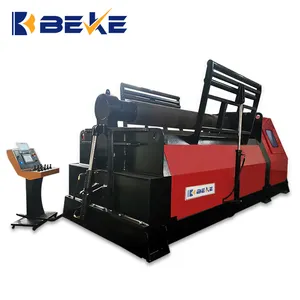




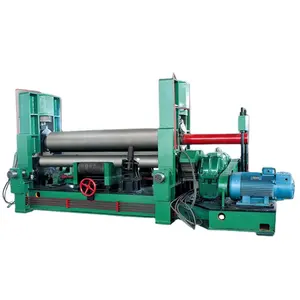

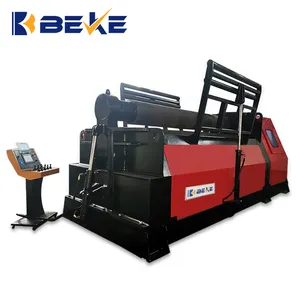

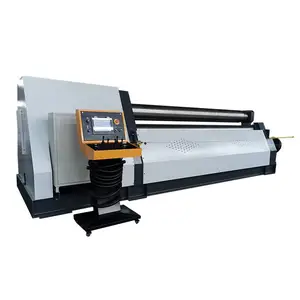
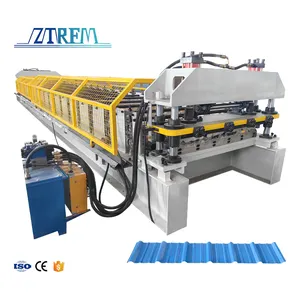
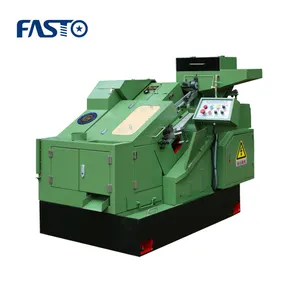



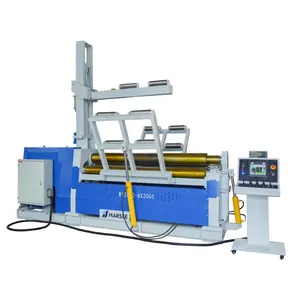
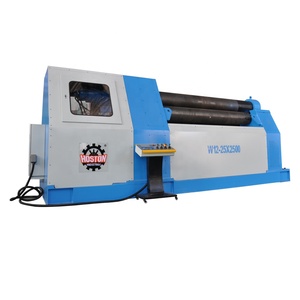



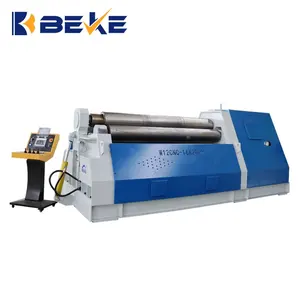


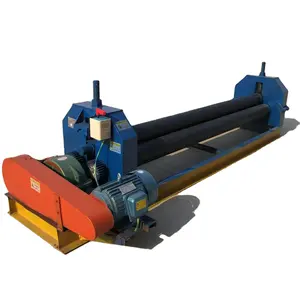


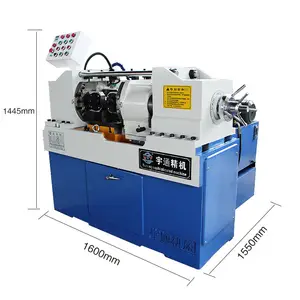
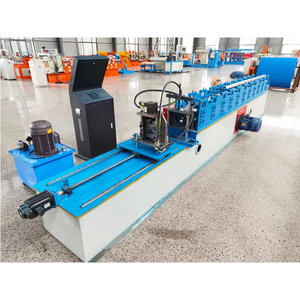


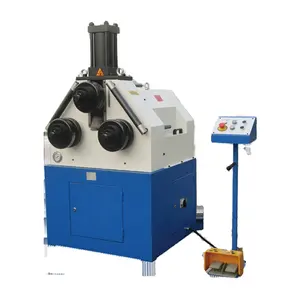



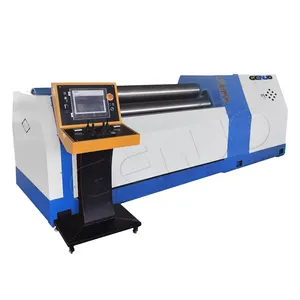


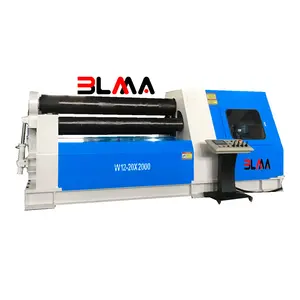


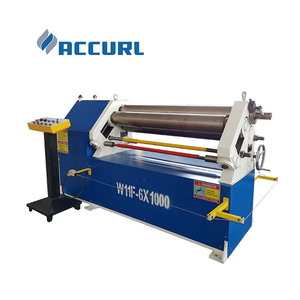


































 浙公网安备 33010002000092号
浙公网安备 33010002000092号 浙B2-20120091-4
浙B2-20120091-4